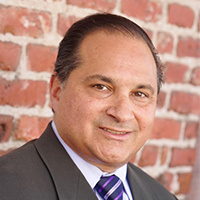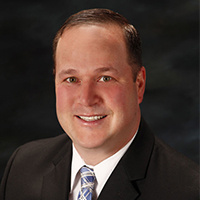Virginia City Criminal Lawyer, Nevada
Richard A. Salvatore
✓ VERIFIEDIn 1992, I received my law degree from Thomas M. Cooley Law School in Lansing, Michigan. In 1996, I went on to receive a Masters of Law in Trial Advoc... (more)
David C. O'Mara
✓ VERIFIEDDavid C. O’Mara’s practice is concentrated in appellate advocacy, bankruptcy, family law, personal injury, civil litigation, and securities and sh... (more)
David A. Hornbeck
✓ VERIFIEDDavid A. Hornbeck has over 35 years of experience as a lawyer. David Hornbeck is a practicing lawyer in the state of Nevada. Mr. Hornbeck received hi... (more)
Sean A. Neahusan
✓ VERIFIEDI work as a general practice attorney, although my biggest strength is in criminal defense (especially DUI defense). I’m based in Reno, NV and serv... (more)
Jenny Hubach
✓ VERIFIEDIn Jenny Hubach’s 26 years of legal experience, she has represented thousands of criminal defendants in cases from Capital Murder through trucker tr... (more)
FREE CONSULTATION
CONTACTLew Wallace Carnahan
FREE CONSULTATION
CONTACT





